When it comes to energy-efficient home appliances, there’s one key player that stands out above the rest – the condensing boiler. These marvels of modern technology utilise latent heat that would otherwise be wasted, making them the most efficient type of boiler available today.
If you’re looking to reduce your fuel costs, lower emissions, and save money on your energy bills, choosing the right condensing boiler is crucial. In this comprehensive guide, we’ll take an in-depth look at some of the best condensing boilers of 2023, allowing you to make an informed decision that suits your needs and helps you outrank others in the market.
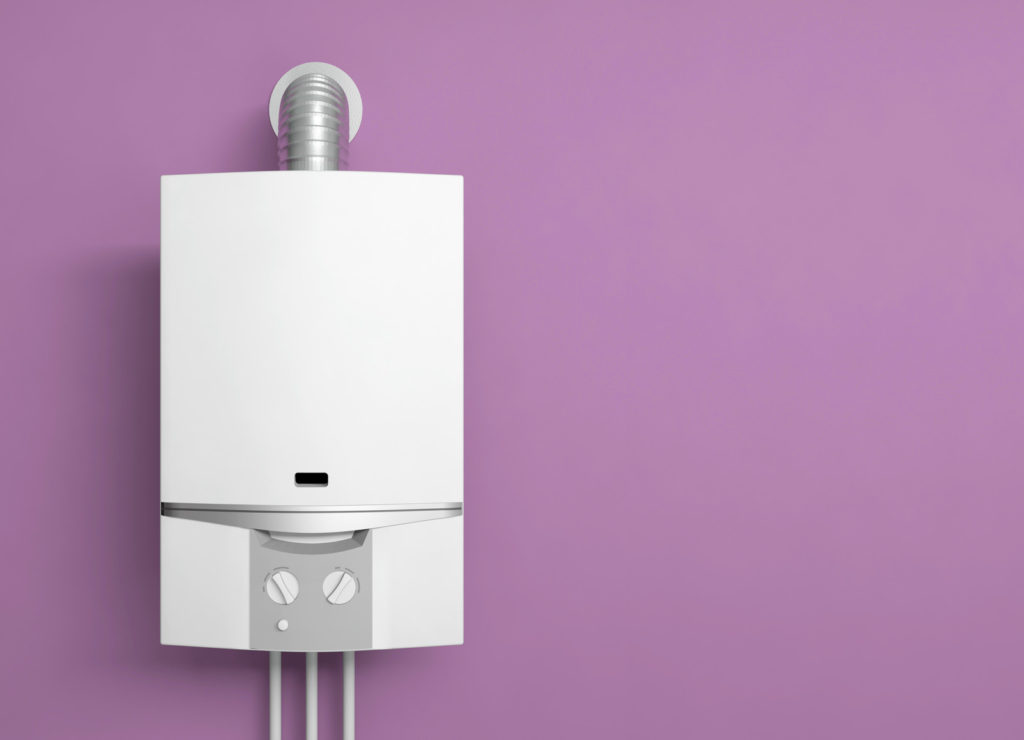
How does a condensing boiler work?
Condensing boilers go above and beyond conventional boilers by recovering and utilizing much of the latent heat generated during the combustion process. Unlike traditional boilers that release exhaust gases into the atmosphere, condensing boilers capture water vapor and these gases, condensing them into liquid form, which is then drained from the system.
By reusing this otherwise wasted heat to reheat system water, condensing boilers can achieve remarkable efficiency levels.
Best condensing boilers
In our quest to provide you with the most efficient and reliable condensing boilers, we’ve curated a list of A-rated brands that lead the market in energy efficiency:
- Ideal Logic C35
- Viessmann Vitodens 111-W
- Vaillant ecoFit pure 835
- Worcester Greenstar 28CDi Compact
- ATAG i28C
- Baxi 424 Combi
The following condensing combi boilers are the best combi boilers to buy. They are some of the most efficient produced by manufacturers today. Even a small percentage difference in efficiency can mean big savings in energy bills.
Comparison Table of top Condensing boilers
| Boiler Model | Efficiency Rating | Power Output (kW) | Hot Water Flow Rate (litres/min) |
|---|---|---|---|
| Ideal Logic C35 | 91% | 35 | 14.5 |
| Viessmann Vitodens 111-W | 90.6% | 35 | 18.4 |
| Vaillant ecoFit pure 835 | 90.6% | 35 | 14.1 |
| Worcester Greenstar 28CDi Compact | 90.5% | 28 | 11.4 |
| ATAG i28C | 90.3% | 28 | 11.5 |
| Baxi 424 Combi | 90.2% | 24 | 9.8 |
Ideal Logic C35
Efficiency rating 91%
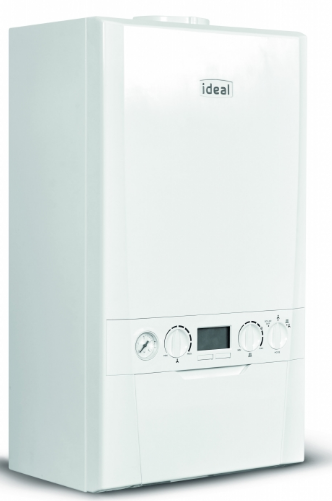
35kW power output, 14.5 litres per minute hot water flow rate.
Check Boilercentral.com for more features and how to get this boiler
Viessmann Vitodens 111-W
Efficiency rating 90.6%
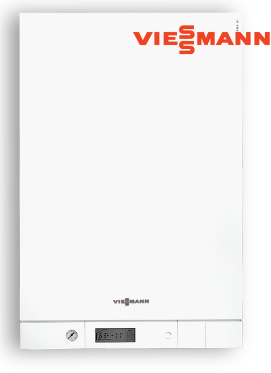
35kW power output, 18.4 litres per minute hot water rate
Get this boiler at Boilercentral.com with its amazing warranty offer
Vaillant ecoFit pure 835
Efficiency rating 90.6%
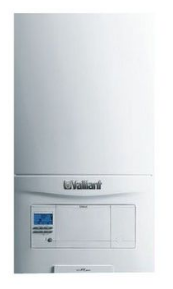
35kW power output, 14.1 litres per minute hot water flow rate
Worcester Greenstar 28CDi Compact
Efficiency rating 90.5%
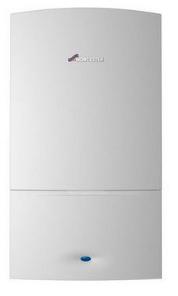
28kW power output, 11.4 litres per minute hot water flow rate
Available from Boilercentral.com, click here to see why we recommend them
ATAG i28C
Efficiency rating 90.3%
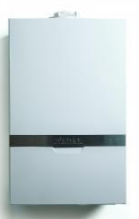
28kW power output, 11.5 litres per minute hot water flow rate
Available to buy from the Boiler Guide on the banner below to get a quote

Baxi 424 Combi
Efficency rating 90.2%
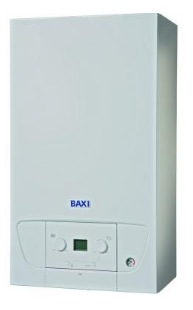
24kW power output, 9.8 litres per minute hot water flow rate
Get a quote to install this boiler from the Boiler Guide on the banner below

Condensing boiler savings
Condensing boilers can offer significant savings on energy bills compared to non-condensing boilers. This is because they are designed to capture and reuse heat that would otherwise be lost in the exhaust gases. The exact amount of savings will depend on a variety of factors, including the size and efficiency of the boiler, the type of fuel used, and the climate in which it operates.
However, it is generally estimated that condensing boilers can save homeowners up to 30% on their heating bills. Additionally, they are often eligible for government incentives and rebates, which can further reduce the cost of installation.
What temperature should a condensing boiler be set at?
Condensing boilers should be set up to a temperature of 65°C to 70°C for central heatin and no lower than 60°C for hot water. This makes them both efficient as they run at their lowest effective temperature to maintain room temperature of 18-21 degrees, and be hot enough to combat the growth of harmful bacteria like legionella.
Boilers need to be highly efficient
According to the Energy Saving Trust, home energy is responsible for over 25% of carbon dioxide (CO2) emissions in the UK. To help bring these emissions down, boilers are required by law to have minimum standards of efficiency, as they are the main factor in overall central heating system efficiency.
A new efficient boiler could save you hundreds
The older your boiler, the more likely you are to be wasting gas and money. Even if it is the most reliable appliance in your home, its inefficiency will be costing you hundreds extra in the long run, up to 30% in energy bills each year for an old boiler installed 15 years ago for example.
Boiler efficiency
Boiler ratings are a measure of thermal efficiency which is the rate at which the heat exchanger converts the energy into usable heat. Energy Output/Energy Input X 100. You will find condensing boilers are the most efficient. They can be up to 94% efficient so are given an A rating.
Boiler efficiency is measured using SEDBUK and more commonly now ErP (since 2015). Building regulations require condensing combi boilers as they are the most efficient and the minimum efficiency requirements are 89.5% according to the latest Boiler Plus regulations. This is shown as a letter grading from A+++ down to G.
Related Articles:
- How To Extend Boiler Life: 11 Ways
- Most Reliable Boiler: A-Rated Energy Efficient Boilers Compared
- Boiler Efficiency Guide: Ratings Explained
- How To Use a Combi Boiler Efficiently
*The information in this article should be used for general guidance only and not as financial advice. Full details are on the link in the footer to our disclaimer page. Always discuss your requirements with a competent and suitably qualified professional before undertaking any work.

